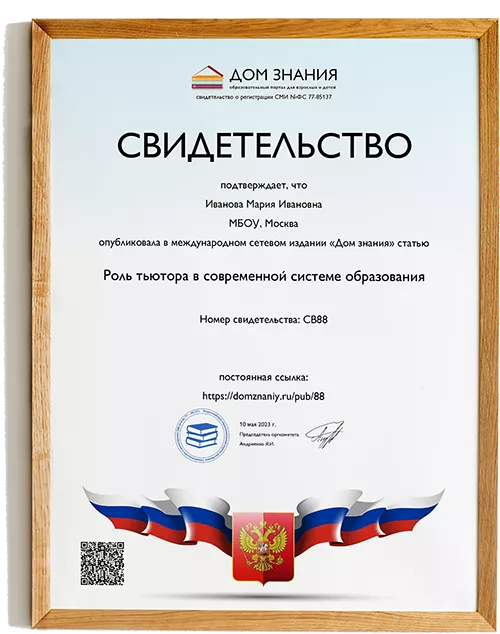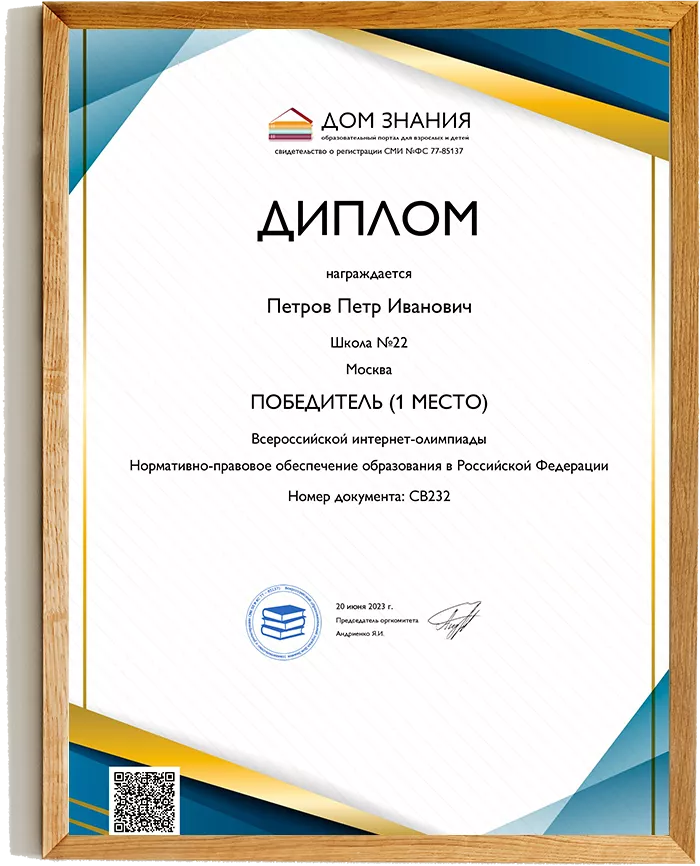Занятие лингвистического кружка «Говорим правильно»
Учитель английского языка МБОУ «Лицей № 21» Аксентьева С.В.
Задачи кружка:
1. Раскрытие интересов и склонностей обучающихся к научно – поисковой деятельности.
2. Углубленная подготовка членов общества к самостоятельной исследовательской работе.
3. Создание условий для вовлечения в коллективную поисково - исследовательскую деятельность учащихся для их совместной работы.
4. Проведение исследований, имеющих практическое значение.
5. Разработка и реализация исследовательских проектов.
Teacher: Good morning, dear boys and girls. Glad to see you at our regular meeting of the Linguistic Club!
To start with, I want you to see a sketch and guess the topic of today’s meeting (сценка «Принцесса и аквалангист»). While listening, write down the words with different meanings in your copybooks.
A young man was keen on diving. A princess liked wandering along the seacoast. As for the princess, she lived more than 200 years ago, and the diver keeps enjoying his hobby. But one day something unusual happened to him. He dived in 2017 and emerged in 1800. Perhaps, he got into a hole in time. When the diver saw a girl wearing an old-fashioned dress he smiled…
So, what is the topic of today’s meeting? Your ideas?
Student 1: I think we’ll talk about translation.
Student 2: In my opinion, we’ll discuss difficulties which people can face when they translate from English into Russian.
T: OK. I wonder, why did the princess run away?
T: Right you are. You shouldn’t forget that the language is constantly changing, and the words which were used a hundred years ago, nowadays are obsolete. Some of them have new meanings today.
So, what words have you written down? Check, please.
Well, the word cool is translated as “neither warm nor cold”, in Russian it is «прохладный». In everyday English, it is used when you want to say "здорово!", "класс!" Sometimes we can say “great” in the same meaning. The difference is who is speaking. If it is pronounced by a gentleman with a bow-tie, it means "грандиозно", by a girl or a boy in your neighborhood "круто", "здорово".
What can you say about the words shoot and camera?
T: Well, what is the topic of today’s meeting?
S3: Difficulties in translation.
T: Yes, but let’s call it LOST IN TRANSLATION.
Therefore, today at our meeting we’ll do the following:
1. discuss some questions related to the topic;
2. do some tasks to practise the vocabulary;
T: By the way, do you know the difference between the words “translator” and “interpreter”?
OK, now click on the keyboard of your laptops and you’ll see the article from the English-English Defining Dictionary. Study the article carefully. Now answer my question – What do you want to be: an interpreter or a translator? Why?
S-s 4-6 give answers.
T: Well, the topic is clear. Now I’d like you to look at the board, think a little and answer the questions.
Who can
no
t do without translation from English into Russian and vice versa?
What difficulties can people face when they translate from one language into another?
S 7-10 give answers.
T: Yes, you are right.
I think there is a group of words that is worth studying. It’s called ‘false friends’ of a translator. Do you know why they are called so? Can you give any examples?
Well, we have 2 experts in our group. They are ready to tell us about these words. You are welcome.
T: Thank you. Any questions? I have one. Where did these words come from?
Yes, very often such words have the same roots, but sometimes a simple coincidence
creates funny examples.
So, listen to the students who will tell you about lexical parallels in Russian and English languages.
S-s 1-5
T: Thank you. I’ve also prepared some tasks for you to practise the translation of such words. You can do the first task in these sheets of paper. You see three columns…The first word is translated. Work in groups. You have 5 minutes.
T: Your time is up. Now I want you to look at the board, listen to the pronunciation and correct translation of the words. Check your notes. If your translation is correct, put a tick. OK, let’s start. ( Appendix 1, Video)
Well, how many words have you translated correctly?
OK. The second task is in your laptops. You are to find mistakes and correct them. You have 3 minutes. Look at the board to check. (Appendix 2)
Well done! And the third task is to translate the words into English. You may use the sheets of paper. And you have 3 minutes. Look at the board. How many words have you translated correctly? (Appendix 3)
T: Now, it’s high time to discuss the last question. Are there any ways to overcome difficulties you deal with when you translate texts from English into Russian and vice versa?
Well, I want you to give some advice to those who start learning English and help them not to be lost in translation. Write your sentences down. (Appendix 4).
T: OK. Hand in your papers.
To sum up, there are various kinds of dictionaries nowadays to help translate. It goes without saying, we need different dictionaries for different purposes.
What dictionary to choose? Which one is better? Is there a universal dictionary?
We’ll try to answer these questions at our next meeting.
As for your home task, it is the following:
there are three individual tasks
(S 1-3)
the rest of the students
are to find 10 new words (not mentioned today) which have similar pronunciation in English and Russian, but their meanings are different.
That’s all for today. Thank you very much! Good-bye!
Appendix 1
FALSE FRIENDS OF TRANSLATORS
Word
False Translation
Correct translation
1
accurate
аккуратный
Точный
2
actually
3
aspirant
4
attention
5
baton
6
benzene
7
buiscit
8
cabinet
9
camera
10
cession
11
compositor
12
corpse
13
data
14
Dutch
15
fabric
16
family
17
intelligent
18
magazine
19
mark
20
mayor
21
motorist
22
physician
23
prospect
24
replica
25
satin
26
27
28
29
30
Appendix 2
Task 1. Correct the mistakes in these sentences.
1. My Mother went to the magazine yesterday.
2. There is a red cover on the floor.
3. Can I read the scenario, please?
4. Mary can’t play the royal.
5. Mr. Smith was late for the repetition on Sunday.
6. I’m reading Leo Tolstoy’s roman.
7. My father is an electric.
8. She has a few brilliants in her earrings.
9. We had a bottle of white vine for dinner.
10. Do white bears live in the Arctic Circle?
Answers:
1. My Mother went to the shop yesterday (went shopping).
2. There is a red carpet on the floor.
3. Can I read the script, please?
4. Mary cannot play the grand-piano.
5. Mr. Smith was late for the rehearsal on Sunday.
6. I’m reading Leo Tolstoy’s novel.
7. My father is an electrician.
8. She has a few diamonds in the earrings.
9. We had a bottle of white wine for dinner.
10. Do polar bears live in the Arctic Circle?
Appendix 3
Task 2: Translate these words into English.
1. футболист
2. сценарий
3. роль (в кино)
4. реально
5. страховой полис
6. миллиард
7. материал (ткань)
8. майор
9. историк
10. гранат (фрукт)
11. гранат (драгоценный камень)
Answers:
1. a footballer
2. a script
3. a part
4. actually, in fact, as a matter of fact
5. a policy
6. a billion
7. fabric, cloth
8. major
9. historian
10. pomegranate
11. garnet
Appendix 4
Советы новичкам
Запомните несколько основных десятков русско-английских пар
Опирайтесь на контекст
Стиль и жанр текста подскажут верное значение
При переводе английских текстов учитывайте неоднородность англоговорящего сообщества
Изучите перечень словарей для данной категории и всегда держите их под рукой


